“Every man, as long as he does not violate the laws of justice, is left perfectly free to pursue his own interest his own way, and to bring both his industry and capital into competition with those of any other man.”
—Adam Smith, ‘The Wealth of Nations’
Introduction
Ideas have the power to transform our world. Good ideas can improve quality of life, protect human health and the environment, aid human development, further economic and social prosperity, and create wealth. Everyday millions of new ideas are born but not all of them are realized. In order to truly benefit from the collective human potential of a society, its individuals must have the freedom to work, produce, consume, and invest without restrictions. This is the basic idea behind the concept of economic freedom, a fundamental right of every human being to control their own labor and property. In this article we will explore what it means to have economic freedom, how it’s measured, the latest report of the Index of Economic Freedom and what it means for the global economy and that of the United States.
What is economic freedom?
Economic freedom had been a topic of debate in economic circles for well over a century. Economists and philosophers argued over a free market economy vs. controlled economy. Those who advocated for economic freedom supported an economic system built on private property and a free market. The main components of economic freedom include personal choice, voluntary exchange, open market, and protection of property.
At its core economic freedom, also called economic liberty, is the ability of the citizens of a society to take economic action and freely engage in any economic activity. In a society with greater economic freedom citizens have the freedom to work, do business, and invest in any way they want. Such a society or country, the government permits the free movement of capital, labor, and goods and prevents any constraints to liberty beyond those necessary to defend liberty itself.
There are five main principles of economic freedom including rule of law, property rights, constitutionally limited government, sound money supply, and free trade. Economic freedom is the foundation for sustainable economic growth and prosperity. It means the difference between nations that prosper and those mired in poverty, corruption, and economic depravity. Upholding the principles of economic freedom allows countries to enjoy reduced poverty, more jobs, better quality of life, increased life expectancy, and better environment. Economic freedom is also linked to greater per capita income, human development, and democracy.
Role of government and institutions
Institutions and policies can support economic freedom by permitting voluntary exchange and protecting citizens and their properties. Governments have an important role in promoting and protecting economic freedom by establishing a legal structure and rule of law that protects property rights and enforces fair contracts. At the same time governments must also desist from seizing private property and interfering with personal liberties, voluntary exchange, and the freedom of entering and competing in markets. Governments limit economic freedom by replacing personal choice, voluntary exchange and market coordination with taxes, government expenditures, and regulations. Restrictions on entry into various occupations or business activities are also the enemies of economic freedom.
Philosophy of economic freedom
Scottish economist and philosopher Adam Smith (Father of Capitalism) was one of the first people to argue for economic freedom. After him followed a long line of intellectuals such as John Stuart Mill, Milton Friedman, Frederick Hayek and most recently American economist and political theorist Murray Rothbard. These philosophers have emphasized that freedom of exchange and market coordination form the basis of economic growth. Modern standard of living would not be possible without open exchange and entrepreneurial activity.
The other end of the economic debate had people resisting the concept of economic freedom who argued for a system based on centralized economic planning and the state controlling the means of production. Prominent advocates of this approach include philosophers like Rousseau and Karl Marx. These were followed by Abba Lerner, John Galbraith, and Robert Heilbroner. According to this school of thought, a free market leads to negative outcomes such as monopoly, income inequality, poverty and other economic problems, while an expanded state control over individual economic liberties avoids such problems.
The events of the twentieth century proved the importance of economic freedom for prosperity and progress. The initial spread of communism and fascism and its failure allowed economic freedom to grow through deregulation, privatization, and tax cuts. Plenty of evidence proves the benefits of economic freedom for individuals and societies. The harsh contrast among the standard of living for citizens in free economies versus controlled economies makes the case for economic freedom as the basis of social and economic success.
Measuring economic freedom
In the 1980s economists started to measure and rate economies on the basis of their degree of economic freedom in order to find a relationship between economic freedom and prosperity over the globe. Several economic research organizations and think tanks introduced measures of doing this. One such measure is the Index of Economic Freedom, an annual ranking published by Washington based think tank The Heritage Foundation, measuring and rating the level of economic freedom in countries around the world.
How is the Index of Economic Freedom calculated?
The Index of Economic Freedom measures the level of economic freedom based on 12 factors of freedom, both quantitative and qualitative, which are grouped into four categories.
- Rule of Law
- Property rights
- Government integrity
- Judicial effectiveness
- Government Size
- Tax burden
- Government spending
- Fiscal health
- Regulatory Efficiency
- Business freedom
- Labor freedom
- Monetary freedom
- Market Openness
- Trade freedom
- Investment freedom
- Financial freedom
These factors are measured for over 180 countries around the world. Each of the twelve factors is graded on a scale from 0 to 100. Overall score for a country is calculated by averaging the twelve scores, each with equal weight.




